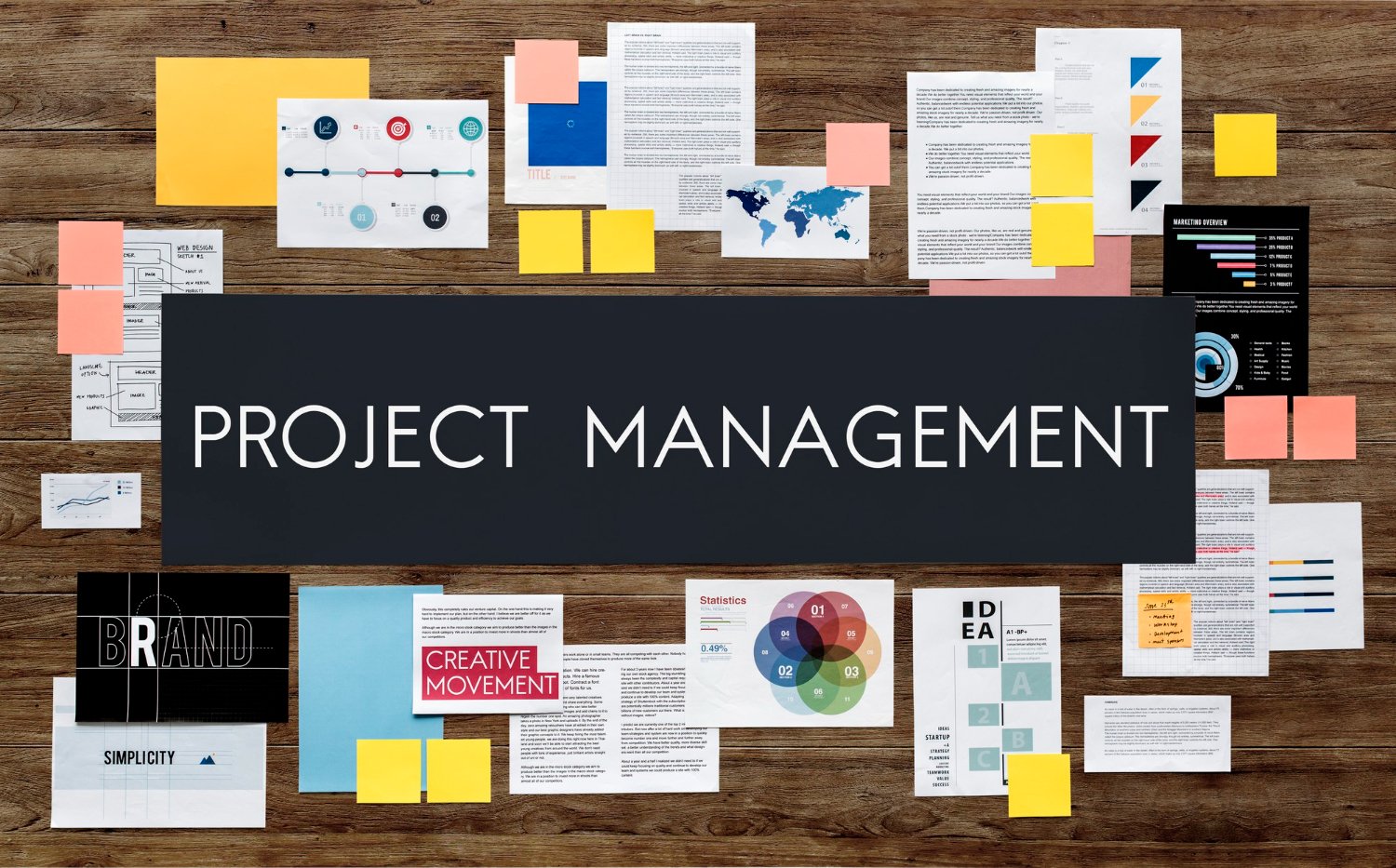Are you looking for the best project management software for small teams? Running a small team is exhilarating, but juggling tasks, deadlines, and communication can feel like wrangling cats. Enter project management software, your knight in shining armor against organizational mayhem. But with a dizzying array of options, choosing the right tool can feel like deciphering ancient runes. Fear not, intrepid captain! This guide cuts through the clutter, showcasing the best project management software for small teams in 2024 and beyond.
Why Software Superpowers Your Squad:
Think of your small team as a band of ragtag heroes. Each has unique skills, but without coordination, the dragon-slaying quest ends in comical disaster. Project management software is your bard, weaving communication, task management, and resource allocation into a symphony of success. It boosts:
Productivity: Ditch the sticky notes and email threads. Streamlined task management keeps everyone on the same page, minimizing confusion and wasted time.
Collaboration: Foster real-time communication through comments, discussions, and built-in chat. No more chasing team members down the hallway about that crucial marketing report.
Visibility: Gain a bird’s-eye view of project progress. Kanban boards, Gantt charts, and reporting tools let you identify roadblocks and celebrate milestones.
Accountability: Assign tasks, set deadlines, and track progress. Crystal-clear accountability keeps everyone motivated and moving forward.
Top Tools for Tiny Titans:
Now, let’s step into the software arena and meet the champions!
- Asana: This award-winning tool shines with its laser focus on simplicity and clarity.
Features: Elegant task lists, intuitive drag-and-drop interface, and powerful search make organization a breeze.
Benefits: Asana’s free plan is perfect for small teams, offering enough functionality to keep projects humming. Its clean interface fosters focus and reduces cognitive overload.
Example: A startup marketing team uses Asana to manage content creation, social media campaigns, and website updates. Clear task assignment and visibility ensure timely delivery and a cohesive brand message.
- Trello: Trello embraces the visual power of Kanban boards to keep you on top of things.
Features: Drag cards between lists representing different stages (e.g., “To Do,” “In Progress,” “Done”) for a clear workflow overview.
Benefits: Trello’s intuitive interface and playful design make project management feel like a game, boosting team engagement. Power-ups add functionality, like file sharing and automation, for customized workflows.
Example: A software development team uses Trello to track bug fixes, feature requests, and development sprints. The visual board keeps everyone informed and prevents tasks from falling through the cracks.
- ClickUp: This powerhouse is a Swiss Army Knife of project management, offering a vast array of features.
Features: Mind maps, calendars, custom views, and integrations galore (think Slack, Google Drive) make ClickUp incredibly versatile.
Benefits: ClickUp caters to teams with diverse needs and workflows. Its customizability and automation capabilities help streamline complex projects.
Example: A creative agency uses ClickUp to manage client projects, from brainstorming sessions to final deliverables. ClickUp’s custom views allow each team member to see the information they need most, while automation reduces repetitive tasks.
- Wrike: If your team thrives on structured project management, Wrike is your matchmaker.
Features: Gantt charts, task dependencies, and resource management tools keep complex projects on track.
Benefits: Wrike excels at large-scale projects with intricate timelines and dependencies. Its reporting tools provide valuable insights for data-driven decision-making.
Example: A construction company uses Wrike to manage multiple building projects simultaneously. Gantt charts keep track of each phase, while resource management ensures the right skilled workers are assigned to each task.
Beyond the Big Four:
The software landscape is vast, and other gems await discovery. Depending on your needs, consider:
Monday.com: A visually stunning platform with high customization potential.
Nifty: Simple and user-friendly, ideal for teams prioritizing communication and collaboration.
Podio: Flexible and powerful, with a focus on data management and custom workflows.
Choosing Your Champion:
Finding the perfect project management software is like finding the right pair of boots for your next adventure. Consider your team size, budget, project complexity, and preferred work style.
Start small: Don’t get overwhelmed by feature overload. Opt for a simple, user-friendly tool and scale up as needed.
Free trials are your friends: Test-drive the software before committing. See how it feels, how your team interacts with it and how well it integrates with your existing tools.
Embrace the learning curve: No software is magic. Invest time in training and onboarding to unlock its full potential.
Remember, the best project management software is the one that empowers your team and fuels your success. Don’t let organizational chaos hold you back. Equip your small team with the right tool, watch productivity soar, and conquer those dragons with confidence!
P.S. Don’t forget to celebrate your team’s accomplishments along the way. A little pat on the back (or a virtual high five) goes a long way in keeping the morale high and the projects on track.
With these tips and the right project management software, your small team can achieve big things. So, what are you waiting for? Dive into the world of project management tools and unlock your team’s full potential!
Thank you for reading this post on the best project management software for small teams. Please share the post and our website with your social media contacts.
We also invite you to watch the videos on our Youtube channel: Successful Businesses.









